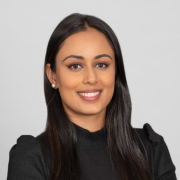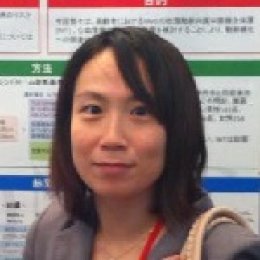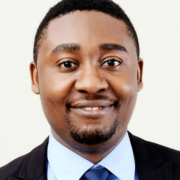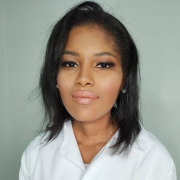How did you become interested in research relating to Hypertension?
When I worked as a physician, it was difficult to maintain the blood pressure in normal conditions. And I became interested in research of hypertension.
Describe your research & the program/lab (info of your supervisor) that you are in?
My research program is focusing on the relathonship between lifestyle-related diseases (hypertension, Diabetes, and dyslipidemia) and sarcopenia (which is the loss of muscle mass, strength and function with aging) in the elderly populations. We have also population based cohort study in the elderly (SONIC study). We are doing clinical research using the subjects who we see and are recruited in the SONIC study, and basic research using animal model.
What do you consider to be your substantial scientific contribution so far (provide Pubmed PMID if possible)?
I have one co-authored manuscript.
Kawai T, Ohishi M, Kamide K, Nakama C, Onishi M, Ito N, Takami Y, Takeya Y, Rakugi H. Differences between daytime and nighttime blood pressure variability regarding systemic atherosclerotic change and renal function. (Hypertens Res. 2013; 36(3): 232-9, PMID: 23076404).
What is your favourite manuscript from a lab other than your own (provide Pubmed PMID if possible)?
My current favorite manuscript is “Rethinking the association of high blood pressure with mortality in elderly adults: the impact of frailty.” (Odden MC et al. Arch Intern Med. 2012; 172(15): 1162-8, PMID: 22801930). This paper shows the association of blood pressure and frailty and is very relevant to my project. It also gives me useful information about statistical analyses.
What facilities are essential for your research?
The population and refrigerators to store the samples for cohort study
PCR machine and muscle strength dynamometer for basic study
Where do your research strengths lie? Why? What are your research weaknesses? How will you improve?
The clinical background as a physician is my strength.
My research weakness is to have limited experience as a researcher. I need more knowledge and techniques for academic research.
Describe your unforgettable (proudest) moment in science, and the most challenging situation that you have had to overcome (lessons learnt) so far?
My unforgettable moment in science is to receive the Most Innovative Study Award at The ISH New Investigators’ Symposium in Sydney, Australia.
The most challenging situation was to make the first oral presentation in the International Association of Gerontology and Geriatrics meeting 2013.
At which conference did you first present? How was your experience?
My first presentation in the International research conference was at the ISH meeting 2012 in Sydney, Australia. I was very nervous, but I got the useful comments and advices and had a great time with the researchers in the same field.
What upcoming conferences will you be attending, and what is the furthest distance that you have traveled for a conference?
I will attend the Japanese Society of Hypertension meeting 2014 in Yokohama, Japan to present the association of hypertension and frailty in the elderly.
I have been to Italy for the European Union Geriatric Medicine Society (EUGMS) meeting 2013. This was the furthest distance I have traveled for a conference.
How did you learn about ISH/NIN and its activities?
I learned about ISH and its activities in The 2nd ISH New Investigators’ Symposium in Sydney.
What area(s) do you wish to specialize in the future?
I would like to specialize in hypertension and other lifestyle-related diseases in the elderly populations, and reveal the relationship between them and sarcopenia.
Who is your role model in Science? Why?
My role models in Science is my supervisor (Prof. Hiromi Rakugi). He is an editor of the guidelines for the management of hypertension 2014 in the Japanese society of hypertension and a specialist for hypertension in the elderly. He also has ambition and passion towards science.
What are your scientific goals? Advise for talented emerging scientists?
My scientific goal is to contribute our basic study and clinical research advantage to society, and consequently provide better prevention methods or therapies. My advice for talented emerging scientists is to find dedicated mentors and like-minded colleagues.





















